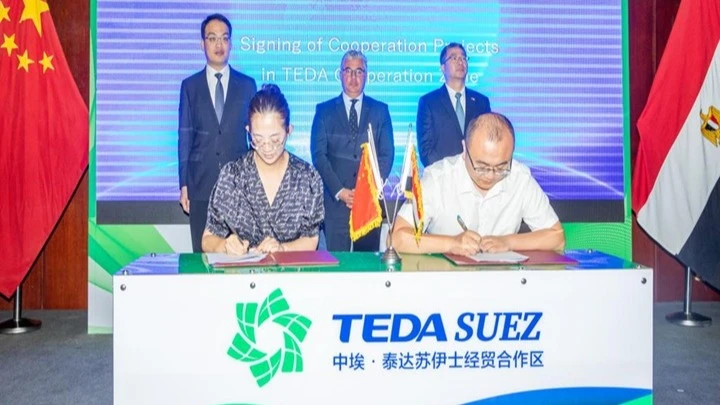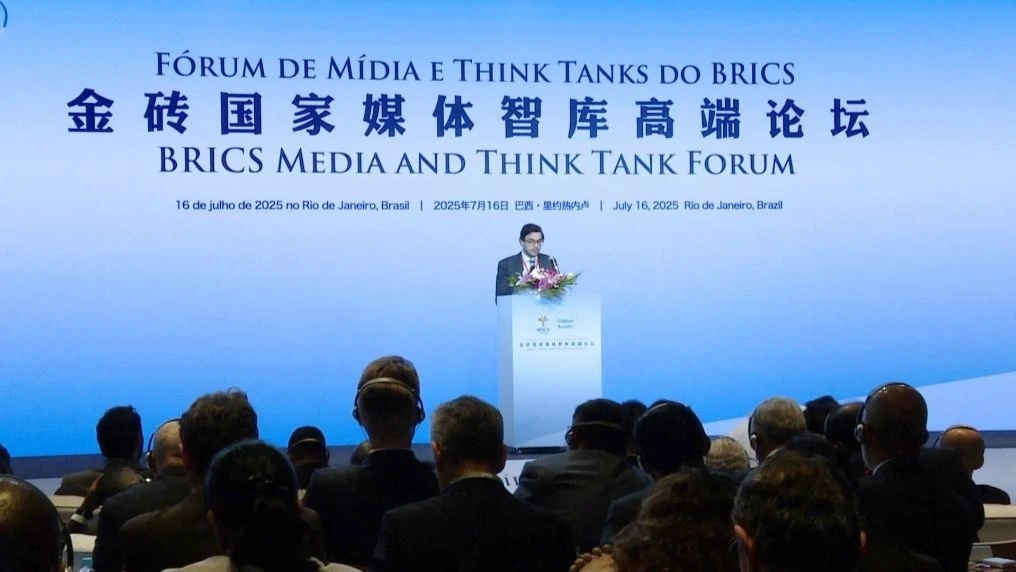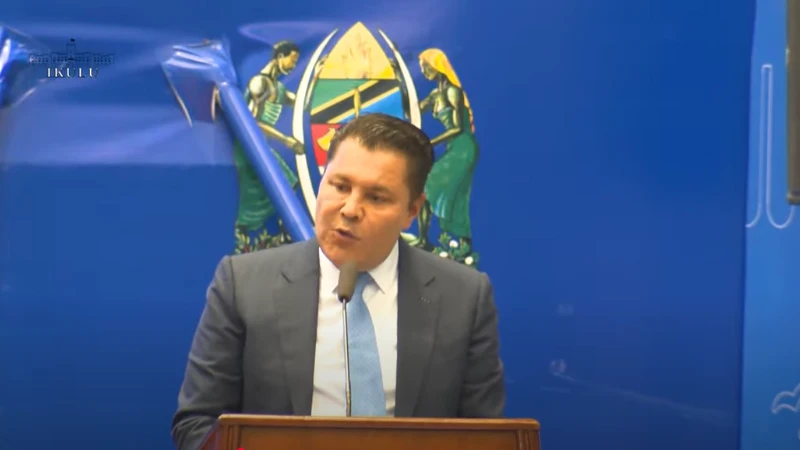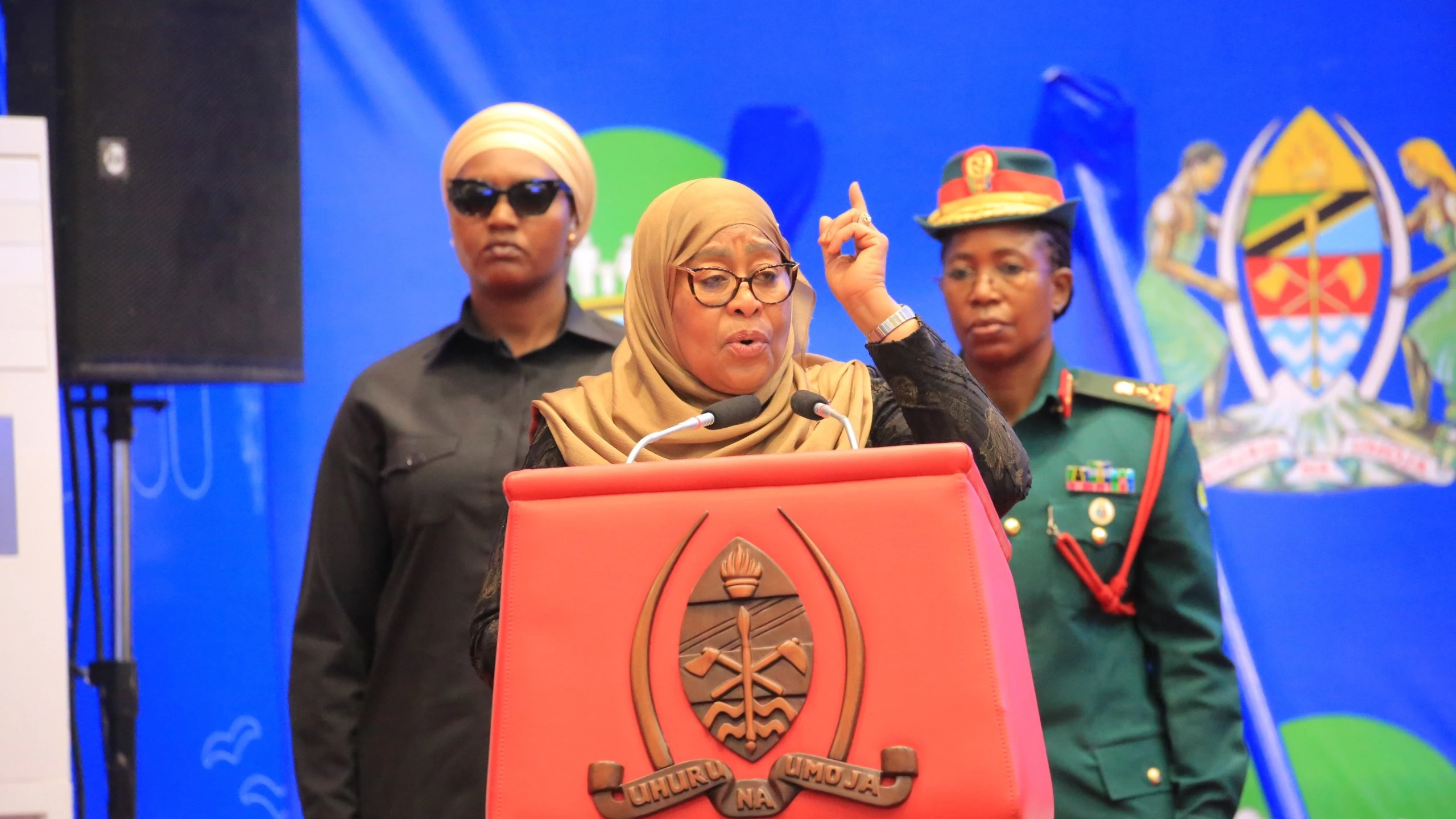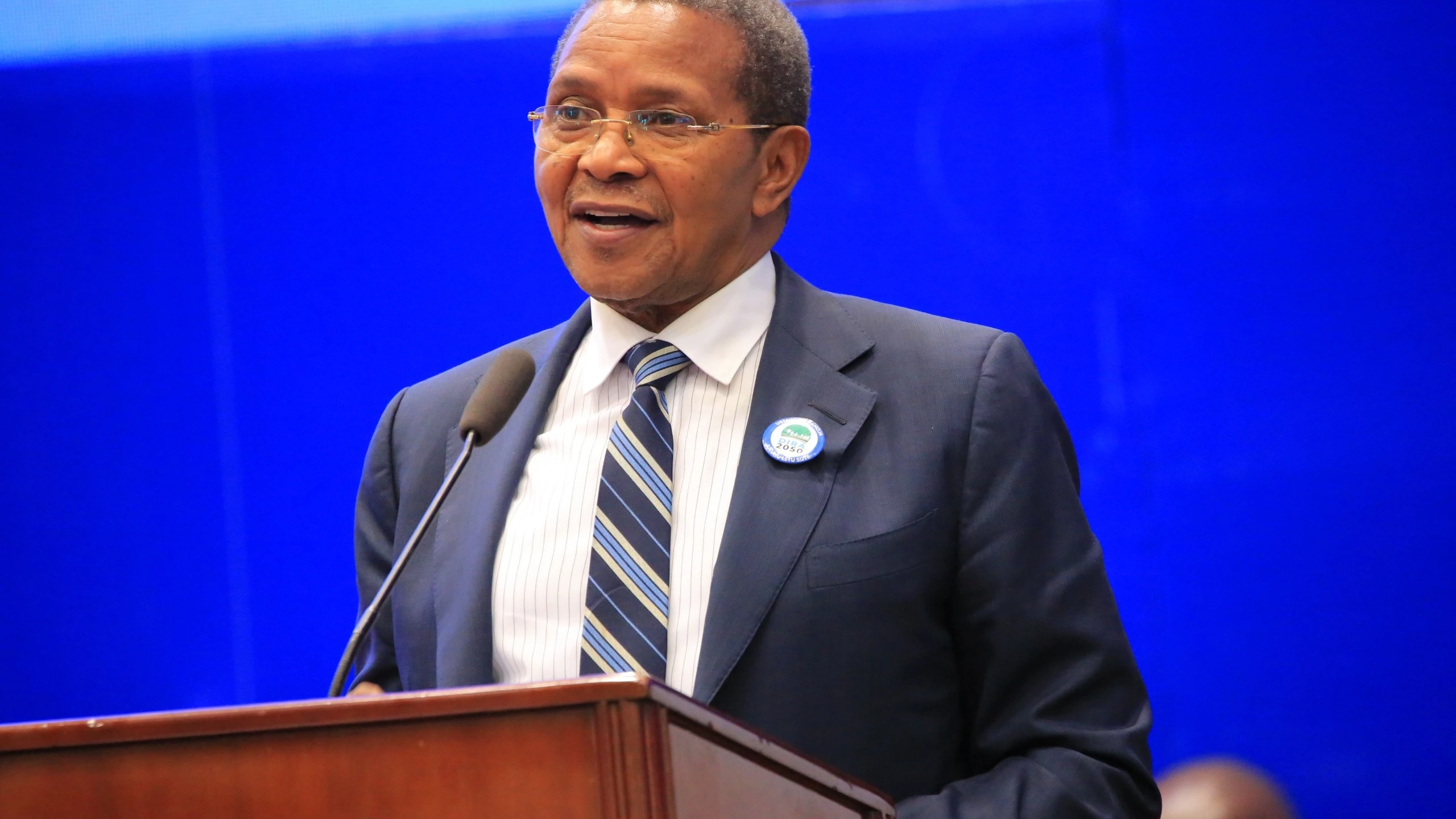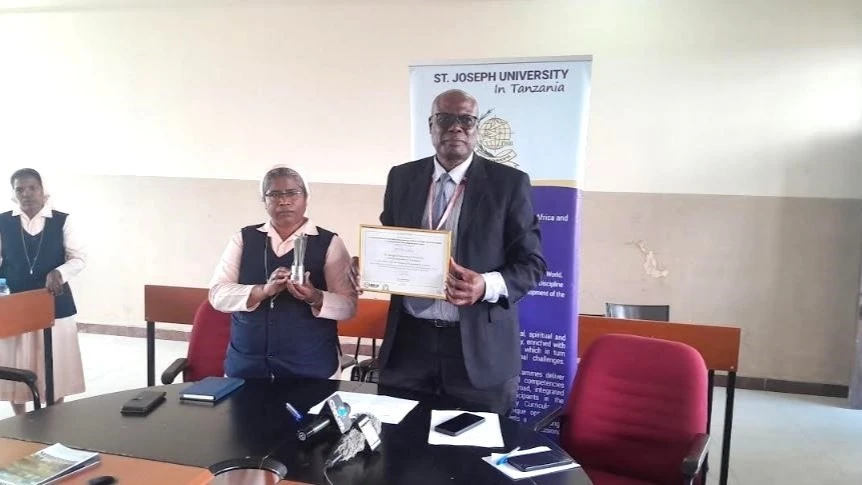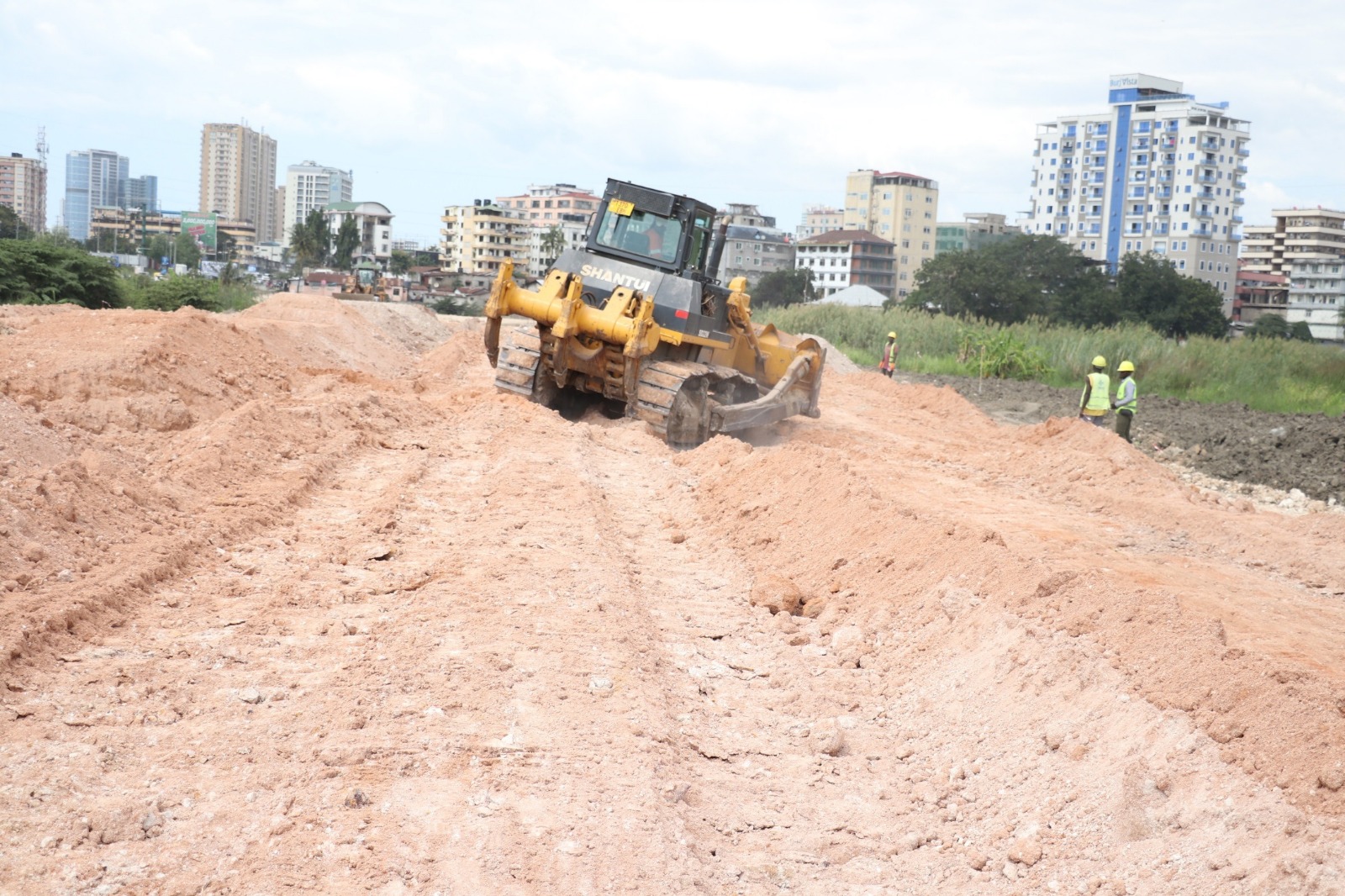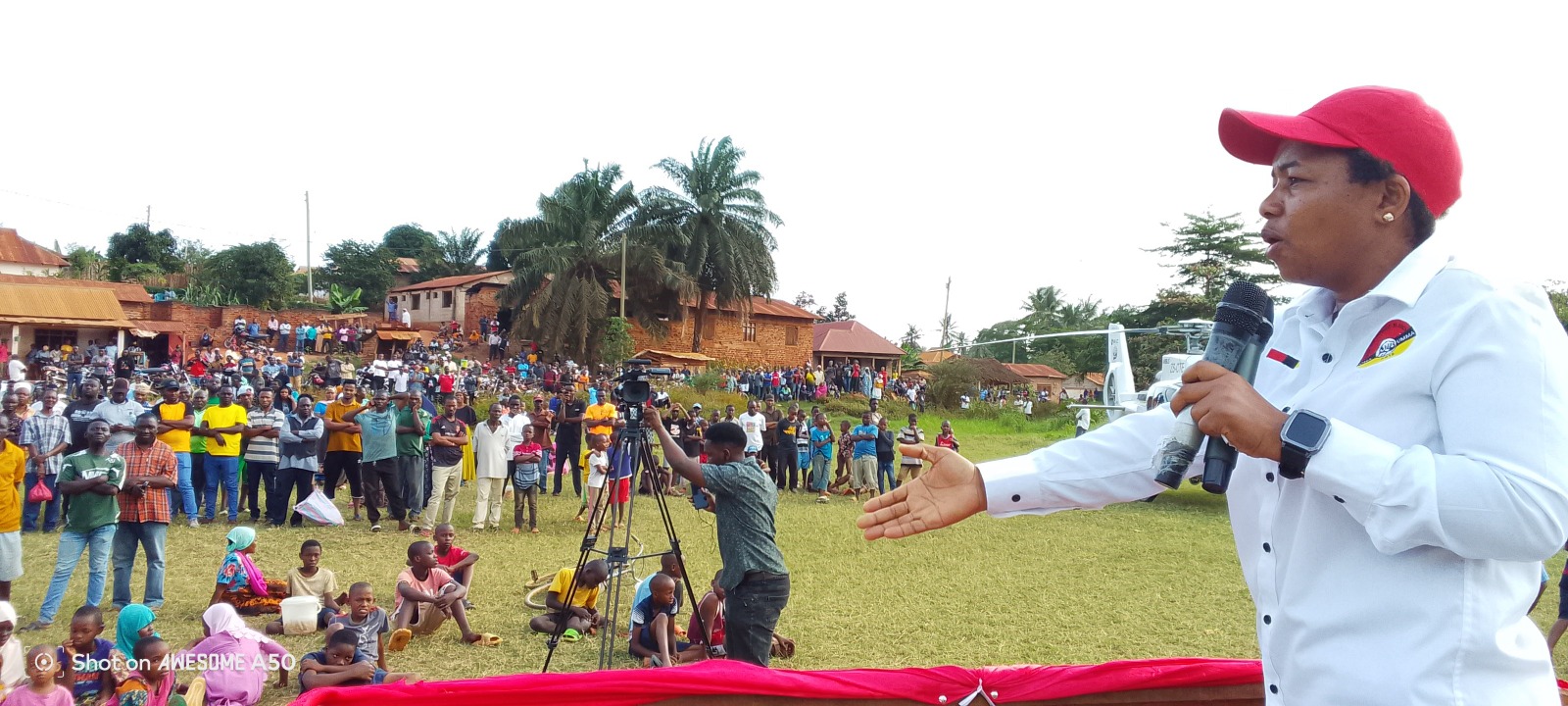TCRA: Numerous simcards beefing up digital networks
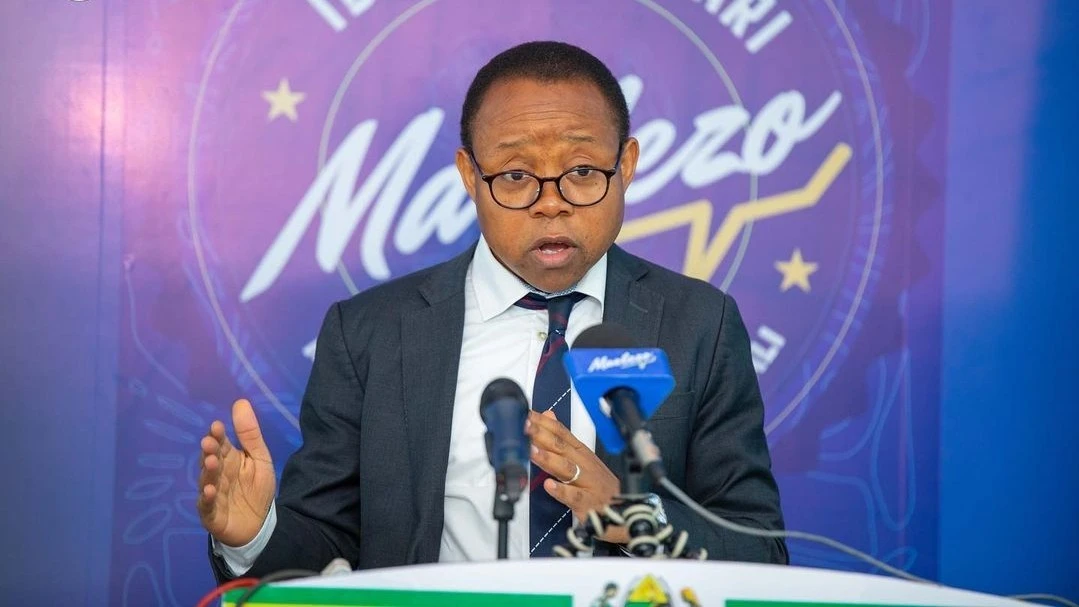
IMPRESSIVE growth is evident in the telecommunications sector with recent data showing over 92.7m active SIM cards registered nationwide, where 47.1m belong to men and 44.5m to women.
Dr Jabir Bakari, the Tanzania Communications Regulatory Authority (TCRA) director general, said at a press conference in Dar es Salaam yesterday that the figure reflects the fact that many people use two SIM cards to improve connectivity, manage costs and access a variety of mobile services.
Rising number of simcards underscores the sector’s vitality and its expanding role in driving inclusive economic and social development, he said, noting that the surge in SIM card ownership highlights the rapid growth of mobile services and the public’s increasing trust in digital infrastructure.
Mobile phones have become essential in everyday life, with the telecommunications sector playing a central role in national progress—facilitating mobile money transactions, e-learning, telemedicine, e-commerce and digital public services, he said.
Notably, the narrow gender gap in SIM ownership indicates rising digital inclusion for women across the country, he said, asserting that 44.5m SIM cards registered to female users demonstrates the growing participation of women in the digital economy. Access to mobile services is particularly transformative in rural areas, enabling women to receive health updates, educational content and market information directly on their phones, he said.
“This is more than just increased connectivity—it’s about empowering individuals, especially women, with tools that enhance livelihoods and strengthen communities,” a city telecommunications analyst affirmed.
The steady expansion of mobile connectivity also signals to investors and service providers that Tanzania’s digital economy is on an upward trajectory, with network operators broadening coverage, introducing 4G and 5G services as well as launching affordable smartphones and data bundles to reach more users.
Rapid SIM cards registration growth has attracted new partnerships and investment intentions, fostering job creation, technological innovation and competitiveness in the ICT sector, he said.
TCRA has played a crucial role in overseeing a stable regulatory environment that encourages innovation while protecting consumer interests, the director observed, noting that expanding mobile network coverage directly supports national development priorities, including the third five year development plan and the digital economy framework.
Improved connectivity enhances service delivery in healthcare, education, agriculture and governance, thus helping to bridge urban-rural divides, he elaborated, stressing that mobile platforms have become key drivers of entrepreneurship.
It enables youth employment and rural development, with digital financial services, online learning and commercial transactions via mobile phones empower millions to engage more fully in the economy, he declared.
“As digital adoption rises, further investment in network infrastructure, digital literacy and local content development will be vital to unlocking the full potential of mobile technology for all Tanzanians.
“The increasing number of SIM card registrations is more than a statistic—it reflects growing digital readiness and the resilience of its people in embracing technology. As the sector evolves, it holds the promise of a more connected, inclusive and innovative future,” he added.
Top Headlines
© 2025 IPPMEDIA.COM. ALL RIGHTS RESERVED









